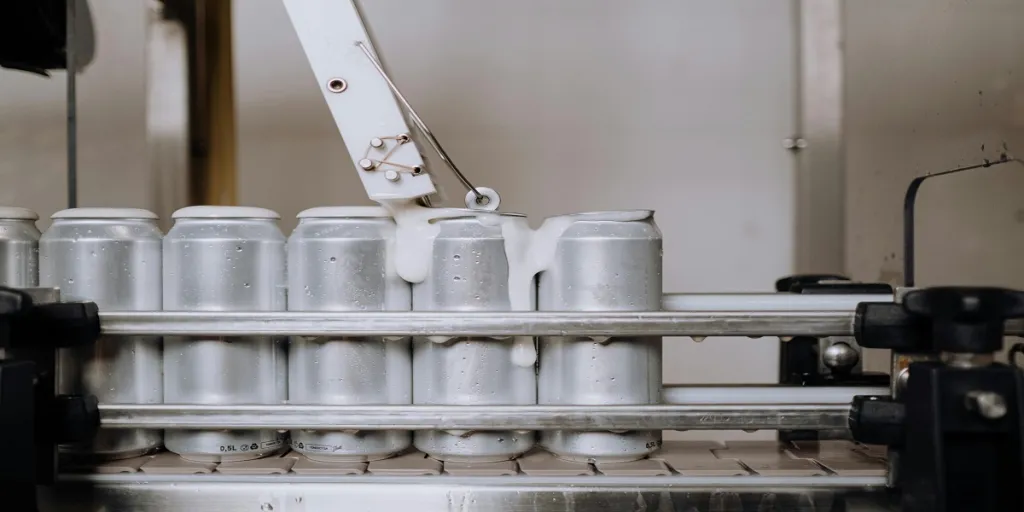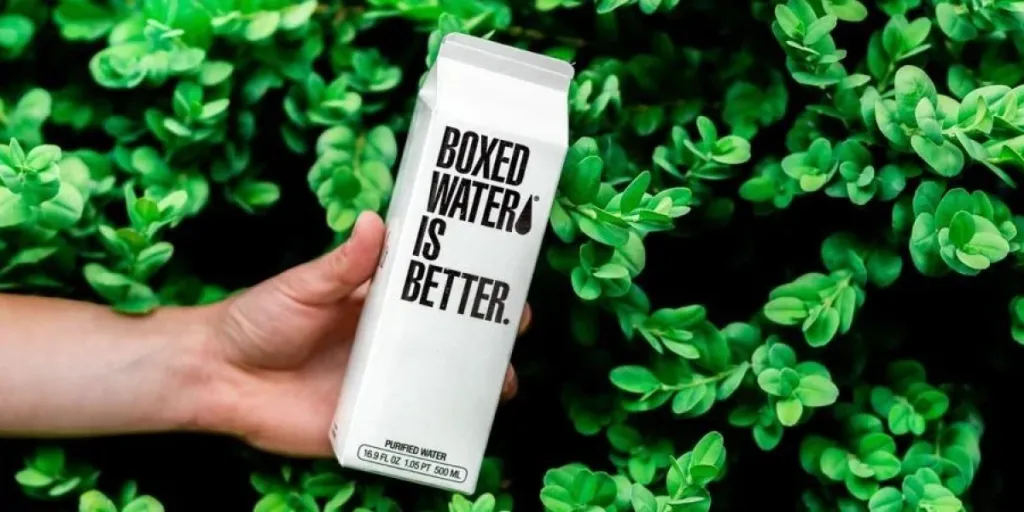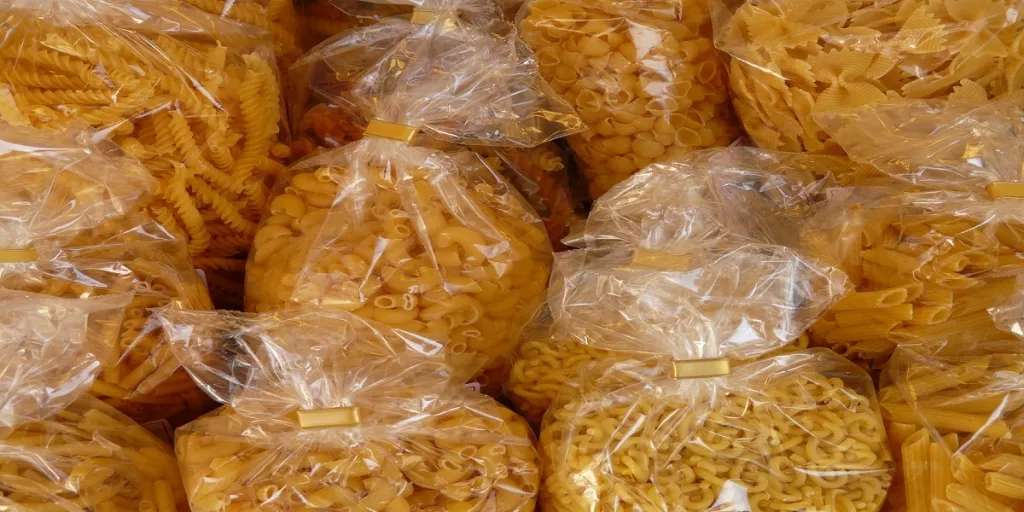The world is becoming more aware of the threat posed by plastic waste, with many nations implementing a regulatory framework to limit plastic usage. Many countries have banned single-use plastics, while others have imposed harsh penalties on manufacturers who violate environmental laws. This article sheds light on the various initiatives implemented by different countries to combat plastic pollution.
Table of Contents
The landscape of plastic restrictions
The changing plastic packaging norms around the world
Types of biodegradable packaging products
Conclusion
The landscape of plastic restrictions

As the awareness of the polluting impact of plastic grows, the government, NGOs, and businesses are working to reduce the carbon footprint. Several countries have enacted plastic-related regulations, and over 60 have introduced bans and taxes on single-use waste and plastic packaging.
The solution to plastic pollution is complex and multifaceted as the plastic sources are varied, ranging from bottles to packaging and textiles. Thus, a global response is needed in which national, regional, and international bodies collaborate. Despite growing awareness, long-term multilateral action is required.
Different nations have implemented various measures, some leading and others lagging. Let’s examine how laws are developing in nations around the world.
The changing plastic packaging norms around the world
Europe
By introducing the laws in 2018, the EU became the first region to adopt aggressive strategies to address the issue of plastic waste. They committed to making all plastic packaging in the EU market recyclable by 2030, reducing single-use plastics, and limiting microplastics.
Under this policy, all PET drink bottles must contain at least 25% recycled plastics beginning in 2025 and increasing to 30% by 2030. All of these regulations are increasing the demand for recycled materials.
The EU introduced a plastic tax on non-recycled waste to increase recycling rates in 2021. Materials with freely available alternatives have been banned since mid-2021, including straws, disposable cutlery, cotton bud sticks, and plastic food containers. And for products with fewer alternatives, the directive states that consumption must be reduced by at least 50%.
The responsibility is solely on the manufacturers, with several penalties for noncompliance. They are expected to be proactive, pay for waste collection and other processes, and educate users about the impact of plastic on the environment.
The UK packaging tax
The UK plastic packaging tax (PPT) went into effect in April 2022, encouraging manufacturers to be proactive in switching to eco-friendly materials and improving the recyclable properties of their products.
Plastic packaging containing less than 30% recycled plastic, including imported goods, will be taxed under this directive. There are, however, a few exceptions for specific commodities, such as medicine packaging.
The UK government has also implemented the Green Claims Code to make adherence to environmental initiatives as easy as possible. This Code specifies how businesses can market any green claims.
False eco claims will also result in severe penalties from the Advertising Standards Authority (ASA) and criminal charges. This initiative was introduced to protect users and ensure compliance with environmental laws.
France
France has set a goal of recycling 100% plastics by 2025 and eliminating single-use plastics by 2040. All plastic packaging of vegetables and fruits has been banned since January 2022. Furthermore, publishing houses are no longer permitted to use plastic for wrapping; restaurants are prohibited from using plastic cutlery, and public water fountains are being installed to reduce the use of plastic bottles.
Items like styrofoam, plastic straws, and cups have all been banned in 2021. Furthermore, businesses selling to French consumers must register their packaging with France’s recycling scheme. Under the French packaging law, companies pay less for recyclable packaging.
Asia
China
The government has issued a list of directives that will be phased in. The first is a ban on non-biodegradable plastic bags, which will be implemented throughout China by 2025. Straws and other disposable plasticware will be completely banned by the end of 2025.
Meanwhile, all major hotels and restaurants have stopped selling plastic products since 2022, and smaller businesses are expected to eliminate all plastic packaging by 2025. The hospitality, food service, and packaging industries are encouraged to use recycled and fully degradable alternatives and invest in new production techniques to support them.
India
India intends to phase out single-use plastics beginning in 2022. Approximately 60% of plastic waste is recycled, but the remaining 40% is littered and used as a landfill at various locations.
Although plastic items are prohibited and banned in certain regions, national prohibition is insufficient and requires more stringent legislation. The government has also invested in awareness campaigns to spread the cause.
The government has advised packaging producers to comply with the packaging norms or face sanctions. These regulations will be phased in, with smaller items such as candy wrappers being the first.
The ministry is also working to develop more effective EPR laws in the country to reduce plastic waste further.
Japan and Thailand
Retailers and smaller businesses are required by law to reduce disposable plastic products or face penalties as of April 2022. However, the regulation targets differ, and certain reduction measures are entirely up to the business owners.
Hotel chains have implemented the law by reducing plastics such as plastic toothbrushes and many other items. Meanwhile, Thailand has banned single-use plastics as of 2020, resulting in a 2 billion reduction in plastic bag use in the same year.
Australia
The Australian Packaging Covenant Organization (APCO) is collaborating with the government and interested businesses to reduce and recycle plastic waste. Businesses are encouraged to join the covenant, where they are advised to advance their sustainable measures and improve product recyclability. Currently, over 1500 businesses have signed on to this pledge, intending to make their packaging recyclable, reusable, or compostable by 2025.
The packaging rules require that at least 70% of plastic-specific packaging be recyclable by 2025 and that 50% of packaging materials be made from recycled materials by 2025. The government has also aimed to eliminate all single-use plastics by 2025.
North America
United States
Plastic prohibition laws in North America are not uniform, with bills and proposals varying by state. The United States is one of the world’s most significant contributors to plastic waste and has the lowest recycling rates, though this varies greatly by state. Ten states in the United States have deposit laws or bottle bills, and the recycling rate in these states is 54%, which is double the national average.
The highest recycling rates are in California, Michigan, and Oregon, with Maine having the highest recycling rate at 78%. In 2021, the government passed the Break Free From Plastic Pollutions Act, which aims to phase out various single-use plastics by January 2023.
Single-use plastic bags are currently prohibited in eight states: Connecticut, California, Hawaii, Maine, New York, Delaware, Oregon, and Vermont. The New Jersey Senate passed legislation requiring plastic bottles and containers to contain at least 10-15% recycled materials within the next two years.
Canada
The Canadian government proposed legislation to ban single-use plastics in 2021. The goal of the act is to prohibit the import, manufacture, and sale of six types of single-use plastics, including cutlery, ring carriers, and bags.
Central and South America
Chile
Chile is the first South American country to ban single-use plastics, thanks to Law 21368, passed in August 2021. Plastic straws, styrofoam food containers, and plastic cutlery have all been banned.
Chile is working to strengthen legislation that will require returnable bottles in warehouses and stores by August 2023. They are also working to make recyclable or compostable containers and cutlery mandatory in restaurants and small businesses beginning in 2024.
Brazil
Local environmental organizations such as UNEP and Oceana are developing awareness campaigns to ban single-use plastics nationwide. They reached a deal with the country’s most prominent food delivery service, ifood, to phase out their supply of single-use plastics in 2021.
Types of biodegradable packaging products
Customers are demanding eco-friendly packaging, putting businesses under pressure. Here are some of the most popular eco-friendly packaging alternatives for businesses.
Cornstarch- Corn-based materials can be converted into fiber or film for packaging, which is also cost-effective due to the low cost and ease of production of the raw material. Because they are entirely composed of edible biomasses, such materials do not pollute the environment when properly disposed of.
Biodegradable packaging peanuts- They are an eco-friendly alternative to regular plastic peanuts and can easily secure goods. They can be disposed into a compost bin or dissolved in water. They do, however, weigh slightly more than their counterparts.
Water soluble plastic-It is made of polyvinyl alcohol, a synthetic polymer free of heavy toxic metals. They dissolve in hot water and are commonly used to package clothing.
Bamboo- bamboo plantations have a low environmental impact because they do not require pesticides and are completely renewable. It composts in six months and is an excellent alternative to wood.
Conclusion
As previously stated, single-use plastics contribute significantly to plastic waste, and several countries have taken steps to prohibit them entirely. Businesses and manufacturers must follow regional plastic-regulation laws or face financial penalties. Although governments worldwide have begun to enact laws governing plastic usage, much more must be done to address the plastics crisis.





 বাংলা
বাংলা Nederlands
Nederlands English
English Français
Français Deutsch
Deutsch हिन्दी
हिन्दी Bahasa Indonesia
Bahasa Indonesia Italiano
Italiano 日本語
日本語 한국어
한국어 Bahasa Melayu
Bahasa Melayu മലയാളം
മലയാളം پښتو
پښتو فارسی
فارسی Polski
Polski Português
Português Русский
Русский Español
Español Kiswahili
Kiswahili ไทย
ไทย Türkçe
Türkçe اردو
اردو Tiếng Việt
Tiếng Việt isiXhosa
isiXhosa Zulu
Zulu